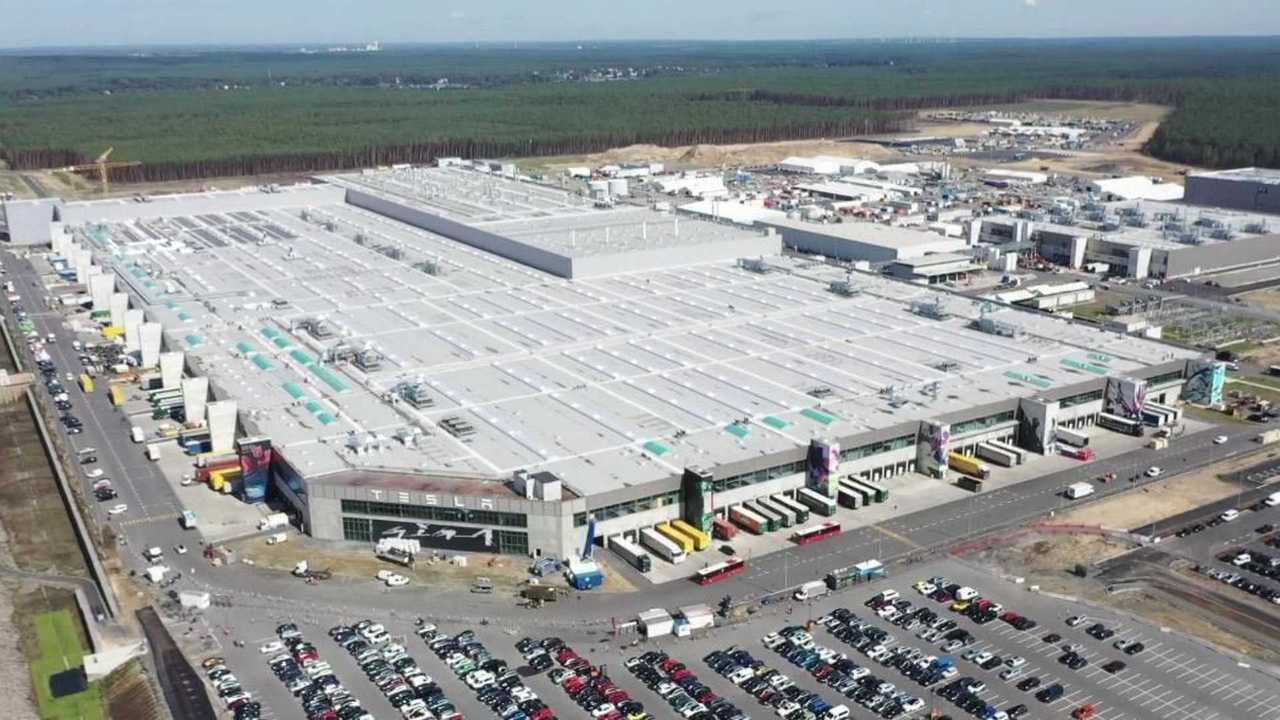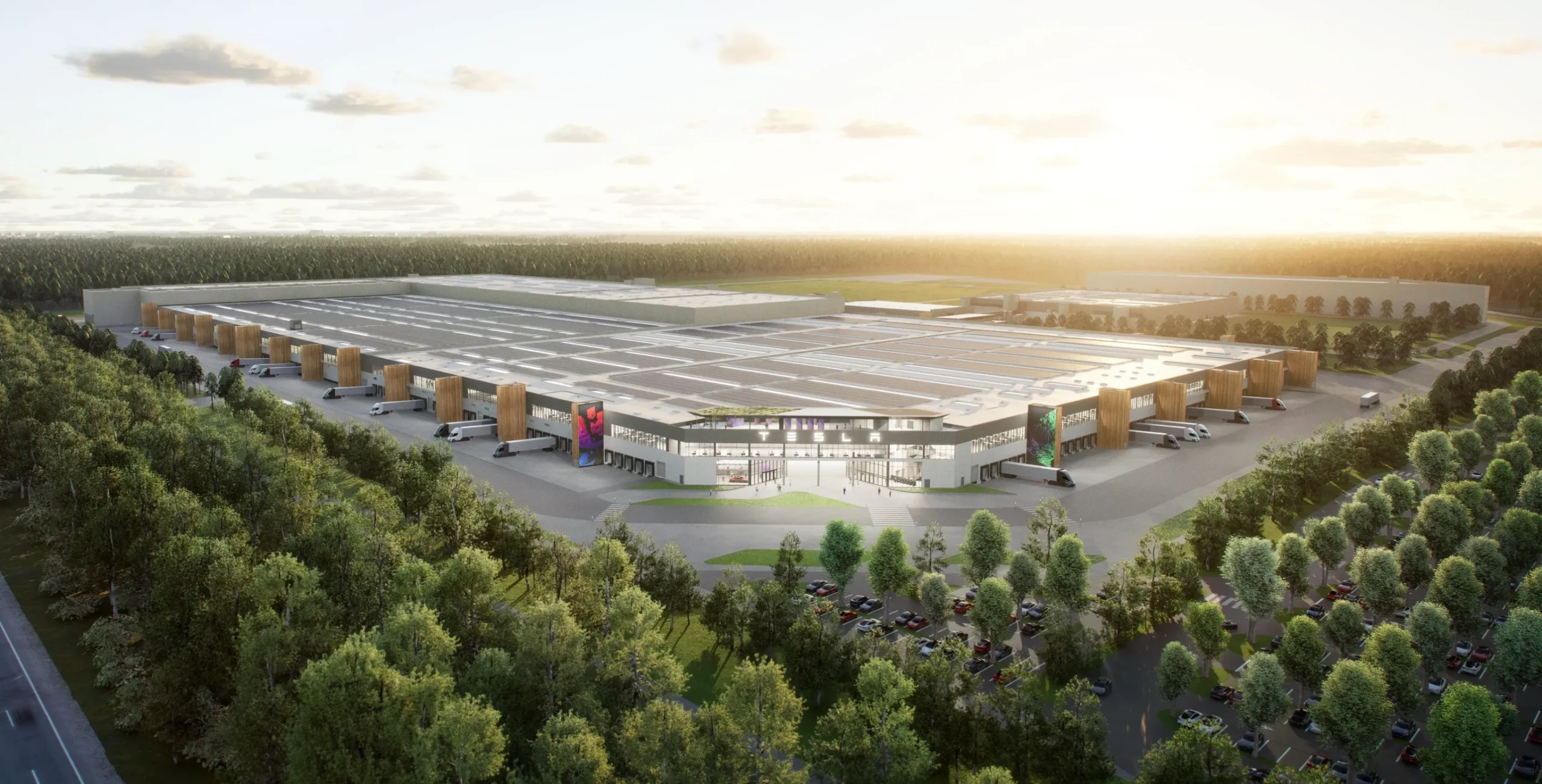Economy and business
Tesla stops production in German Gigafactory due to Red Sea caos

Due to attacks by Yemeni Houthi rebels in the Red Sea, electric car maker Tesla is forced to suspend much of its production for about two weeks at Grünheide, near Berlin, its European Gigafactory. As shipping routes are shifting from the Red Sea to the Cape of Good Hope, a gap has been created in supply chains, Tesla announced Thursday. Since the end of January in Grünheide, this will be the first time such a production shutdown has occurred.
“Due to the shortage of components, we are therefore forced to suspend vehicle production at the Berlin-Brandenburg Gigafactory between Jan. 29 and Feb. 11, with the exception of some areas. Production will fully resume on Feb. 12,” the company said, as reported by Handlsblatt.
“Armed conflicts in the Red Sea and related shifts in transport routes between Europe and Asia via the Cape of Good Hope are also impacting production at Grünheide,” Tesla said. “The significantly longer transportation times create a gap in supply chains.”
Since the Gaza war between Israel and Islamist Hamas broke out, Houthi rebels in Yemen have repeatedly attacked ships with alleged Israeli connections in the Red Sea. Major shipping companies thus increasingly avoid the important trade route. About 10 percent of world trade passes through the Red Sea.

German tesla’s Gigafactory
The Suez Canal connects the Mediterranean with the Red Sea and is the shortest sea route between Asia and Europe. The alternative route around South Africa’s Cape of Good Hope is much longer and, indeed, comes to require at least 15 more days of sea travel.
On Wall Street, Tesla shares continued to fall after the news was announced. The automaker’s shares were down about 1 percent after trading, having already fallen 2.8 percent in regular trading on Thursday.
Tesla has been producing electric cars in Grünheide since March 2022. About 11,500 employees work there. Tesla wants to double production in Grünheide from the planned 500,000 cars a year to one million a year. According to its own information, the company currently produces more than 250,000 vehicles a year. Battery cell production storage capacity is expected to increase from 50 to 100 gigawatt hours per year. Meanwhile, first production in the time and global logistics categories makes production extremely fragile and breakable for any international political event.






